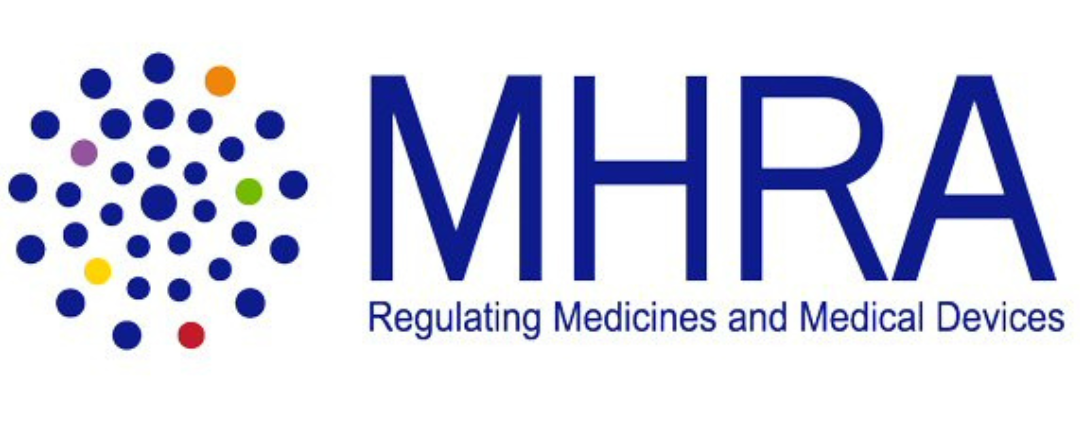MHRA Lifting of Restrictions on LifeVac in the UK and Dangerous Illegal Unregulated Chinese Counterfeit Devices
What is the role of the MHRA?
The MHRA is the regulator and market surveillance authority for medical devices in the UK. This means that we safeguard patient safety by:
- ensuring that medical devices placed on the UK market meet the essential requirements of the Medical Devices Regulations 2002 and, in relation to Northern Ireland, the general safety and performance requirements in Regulation (EU) 2017/745 and Regulation (EU) 2017/746;
- investigating concerns where medical devices do not meet these requirements, working with manufacturers to ensure that their products comply with the regulations;
- prohibiting devices that present a clear and demonstrable risk to patients;
- the designation of Approved Bodies (GB) and Notified Bodies (NI) in the UK and setting the standards that these organisations need to meet in order to become designated. Approved / Notified Bodies undertake the assessment and certification of medical devices which hold a risk classification of IIa, IIb, III, and devices which have a sterile or measuring function.
Anti-Choking Devices
Anti-choking devices, also known as airway clearance devices, are intended for use in the management of choking incidents, by removing obstructions from the airways via manual suction after other approaches have failed. They first became available on the UK market from 2015.
These devices are classified under the Medical Devices Regulations 2002 and Regulation (EU) 2017/745 as class I devices. This means that the manufacturer is responsible for declaring that they conform to the regulatory requirements. The UKCA or CE mark is applied once the manufacturer is satisfied that the essential quality, safety and performance requirements of the regulations have been met.
In 2017, the MHRA investigated concerns about the evidence to support the quality, safety and performance of these devices, engaging with two manufacturers, LifeVac Europe Ltd and Dechoker LLC, which had first introduced these devices to the UK market. This was specifically in light of the use of these devices falling outside the established Basic Life Support protocols and resuscitation guidelines in the UK, produced by the Resuscitation Council UK. These protocols recommend the application of back slaps and abdominal thrusts when managing a choking incident. You can read the recommended resuscitation guidance on the UK Resuscitation Council’s website. The anti-choking devices manufactured by LifeVac and Dechoker are intended for use only after these established Basic Life Support protocols have been attempted and failed.
Because these devices are intended to be used as part of a response to choking incidents, the MHRA recognised that it was not possible to conduct clinical investigations to gather pre-market clinical data to demonstrate the quality, safety and performance of these devices.
Due to the lack of supportive clinical evidence demonstrating the quality, safety and performance of the anti-choking devices, in August 2017 both LifeVac and Dechoker adopted voluntary restrictions on the use of their devices in the UK. These restrictions limited use of the devices to healthcare professionals trained in advanced life support. They also meant that the devices could be used only for patients in moulded wheelchairs; or where emergency services were unable to respond. The restrictions were intended to facilitate close monitoring of the use of these devices, with the aim of further developing and improving the clinical data and scientific literature available in relation to airway clearance devices.
Since these devices were first marketed in the UK, the MHRA has not received any reports of adverse incidents attributed to these devices.
In 2022, the MHRA undertook a review of the restrictions in place for these anti-choking devices, which considered multiple factors including: the progress made by the manufacturers since the restrictions were adopted; developments in the clinical data and literature surrounding these devices; usage and adverse incident data; regulation on other markets; the remit of MHRA’s regulatory role; and assessing whether the restrictions in place were proportionate to the risk. The MHRA review culminated in a proposed action plan, discussed and approved by the Devices Expert Advisory Committee, to lift the restrictions in place on these devices, once specified actions were completed.
As of June 2023, the voluntary restrictions on the LifeVac anti-choking device have been lifted, meaning that this device may again be made available for purchase on the wider UK market. This brings the regulation of these devices in line with other countries, including the United States, Australia and the EU, where they have always been available to buy and use. The MHRA is continuing to work with the remaining manufacturer Dechoker LLC towards the lifting of restrictions on their device, and we will update this guidance in due course.
Counterfeit and Non-Compliant Anti-Choking Devices
The MHRA is aware of numerous unbranded anti-choking devices being sold online via drop shipping websites and via marketplaces (such as Amazon, eBay, Onbuy, Aliexpress, DesertCart to name a few) which do not comply with the requirements of the Medical Devices Regulations 2002 or Regulation (EU) 2017/745 in relation to Northern Ireland. These devices appear similar or identical in design to legitimately UKCA or CE marked anti-choking devices such as LifeVac or Dechoker and, in some cases, may claim to be these brands. However, they are not the genuine product, and do not include appropriate instructions. They may pose a serious risk if used to address choking incidents due to inadequate instructions, quality and design.
The MHRA is working with online marketplaces to remove them from sale, and we advise users to exercise caution when purchasing these devices online. Ensure that you purchase only from reputable sellers and confirm that the device’s manufacturer is registered with the MHRA via our public access database. We have published advice on buying medical devices online for users and the public.
Click here for the direct link to the MHRA Gov Website relating to this article



















